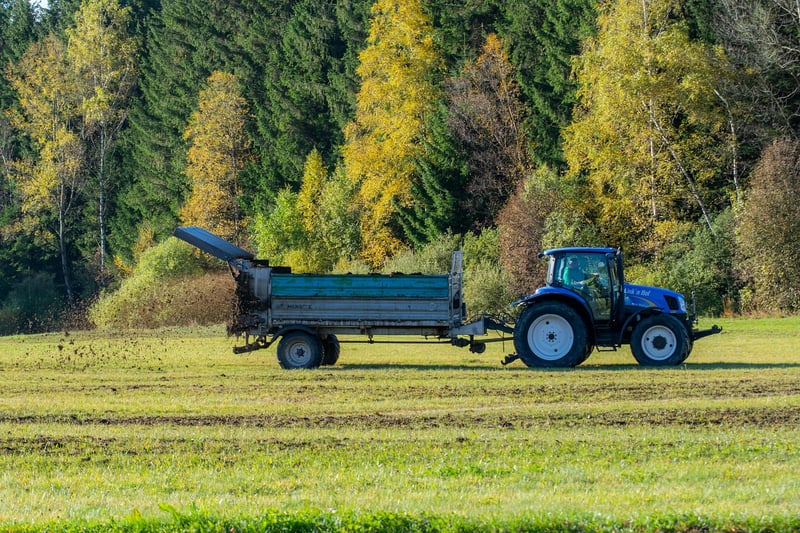Fertilizing Methods
Plant Maintenance and Fertilizing Methods
Introduction
Welcome to our guide on plant maintenance and fertilizing methods. Whether you are a seasoned gardener or just starting with your green thumb, understanding how to care for your plants and provide them with the right nutrients is essential for their growth and health.
Plant Maintenance Tips
- 1. Watering: Ensure your plants receive adequate water based on their specific needs. Overwatering or underwatering can harm your plants.
- 2. Pruning: Regularly prune dead or overgrown branches to promote new growth and maintain the plant's shape.
- 3. Sunlight: Place your plants in areas where they can receive the right amount of sunlight based on their sunlight requirements.
- 4. Soil Quality: Use well-draining soil and consider repotting your plants when they outgrow their current pots.
- 5. Pest Control: Keep an eye out for pests and take necessary measures to protect your plants from infestations.
Fertilizing Methods
Proper fertilization is crucial for providing plants with essential nutrients for their growth. Here are common fertilizing methods:
- Organic Fertilizers: Organic fertilizers like compost, manure, and fish emulsion are derived from natural sources and provide slow-release nutrients to plants.
- Chemical Fertilizers: Chemical fertilizers are synthetic nutrients that offer quick results but should be used cautiously to prevent over-fertilization.
- Slow-Release Fertilizers: These fertilizers release nutrients gradually over time, reducing the risk of nutrient leaching and providing long-term benefits to plants.
Conclusion
By following proper plant maintenance practices and choosing the right fertilizing methods, you can ensure your plants thrive and flourish. Remember to observe your plants regularly, adjust care routines as needed, and enjoy the beauty and benefits of a well-maintained garden.

Remember, every plant is unique, so it's essential to research the specific needs of each plant species in your care. Happy gardening!
